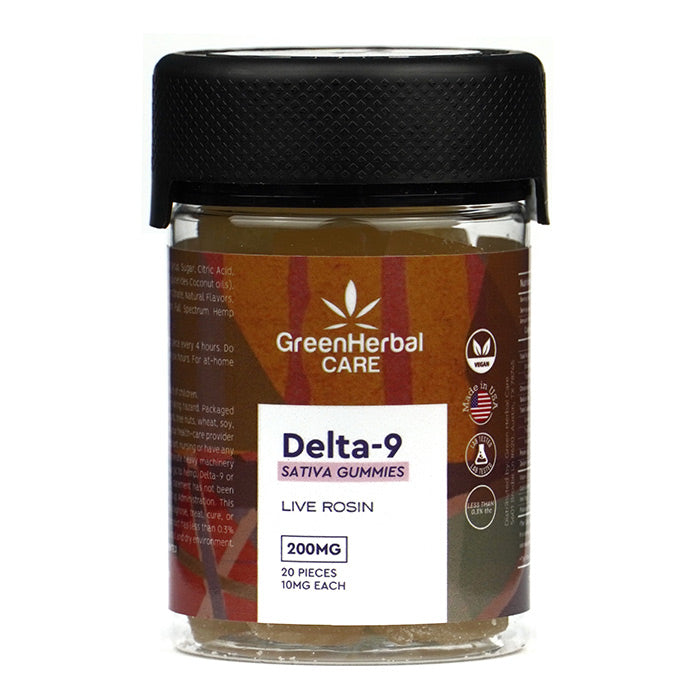HHC Cannabinoids, or Hexahydrocannabinols, are a group of compounds found in hemp plants. They interact with the endocannabinoid system, potentially offering therapeutic effects similar to traditional cannabinoids like THC and CBD.
Know MoreFrequently Asked Questions
Is HHC Stronger Than Delta 8?
HHC is a natural phytocannabinoid, whereas Delta-8 is an analog of THC. While it is available in trace amounts in hemp plants, manufacturers may produce Delta-8 synthetically.
HHC is less potent than D8 and does not induce mind-altering effects like Delta-8. But it can produce euphoric and relaxing effects.
Is HHC Safe?
HHC is one of the more potent cannabinoids that can produce lasting relief from different symptoms but avoids the psychoactive effects you can usually expect from THC. However, if taken in excessive amounts, it will create similar effects to THC.
There is a lack of evidence to determine whether HHC is more potent than THC or if it is harmful. So far, there are no reports related to the adverse effects of HHC in Austin, Texas.
How Long Does HHC Stay In Your System?
It depends on various factors, such as your body’s sensitivity to HHC, the amount you consume, your frequency of use, and your metabolism.
Taking other cannabinoids into account, the human body may store HHC in the fats and tissues for over a month.
Will HHC Show Up In a Drug Test?
HHC may cause you to fail a drug test. So, we recommend avoiding consuming HHC or any other THC analog for at least three weeks before a drug test.
Is HHC Synthetic?
Not always. HHC is natural, but it is scarce, unlike Delta-8 and Delta-10. It happens when D9 undergoes oxidization over time and turns into CBN.
Since low THC levels are difficult to extract naturally. So, manufacturers hydrogenize the THC molecules and bind D9 THC from hemp with hydrogen atoms. While hydrogenizing D9 THC makes the HHC molecules less stable, adding hydrogen makes them power powerful than D9, becoming semi-synthetic.










